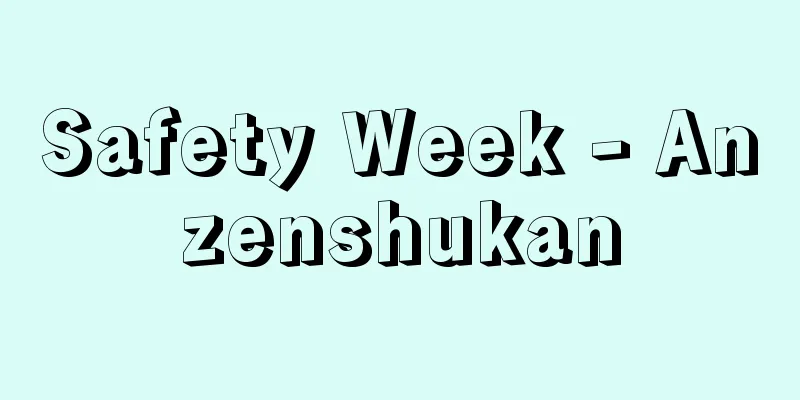Benotami - Benotami

In the Yamato government, the people were called "so-sobe" after the names of the powerful families, occupations, or places that were privately owned by the great kings and powerful clans. Most were farmers, but some had special skills. They paid tribute and labor to the powerful clans, but unlike slaves (nuhi), they lived as families. The people of the great kings were called tomobe, nashiro, and koshiro, and were led by tomonomiyatsuko. Those who belonged to the powerful clans were called kakibe. They became citizens during the Taika Reforms, but were reinstated by Emperor Tenchi and later abolished again by Emperor Tenmu. Some of the Shinabe were not freed and became Shinabe and Zatsuko under the Ritsuryo system.CitizensMembers of the clubSource: Obunsha Japanese History Dictionary, Third Edition About Obunsha Japanese History Dictionary, Third Edition |
|
大和政権における大王家や豪族の私有民 所有する豪族名・職業名・地名にちなんで「何々部」と呼んだ。大部分が農民で,一部に特殊技術を有する者もあった。豪族に貢物・労役を出したが,奴婢 (ぬひ) と異なり家族生活を営んだ。大王家の部民は品部 (ともべ) ・名代 (なしろ) ・子代 (こしろ) の民といい,伴造 (とものみやつこ) に統率された。豪族に属するものが部曲 (かきべ) 。大化の改新で公民となったが,天智天皇が復活,のち天武天皇が再廃止した。品部の一部は未解放のまま律令の品部 (しなべ) ・雑戸 (ざつこ) となった。 部民
|
>>: Hemigalus (English spelling)
Recommend
Family court investigator - family court investigator
Officials placed in each family court and each hi...
Wahhabism - Wahhabha
A sect of Islam. It is called Wahhabism, but in r...
Life annuity contract - Life annuity contract
A contract that takes effect when one of the parti...
Kegel, H.
…The orchestra was established under Paul van Kem...
Fadeev, Aleksandr Aleksandrovich
Born: December 24, 1901. Kimrui [Died] May 13, 195...
Henrik Gabriel Porthan
1739‐1804 A historian and linguist from Finland (t...
Aranya - Aranya
〘Noun〙 (A transliteration of araṇya. Also written ...
Gershenzon, MO (English spelling) GershenzonMO
…Published in Moscow in 1909, it sparked a great ...
Artemia - Brine shrimp
A small aquatic animal belonging to the family Ar...
intuition
When Western thought was first introduced to Japa...
"Essays on the Languages and Literature of the Indochinese Peoples"
…A large peninsula that juts out from the southea...
Garrulus lanceolatus (English spelling) Garrulus lanceolatus
…[Naoya Abe]. … *Some of the terminology that men...
Malines
…A city in the province of Antwerp in northern Be...
Asabasho - The Asabasho
This is the only iconographical collection in the ...
Rheum emodi (English spelling)
… [Hiroshi Wakamatsu]. … *Some of the terminology...









